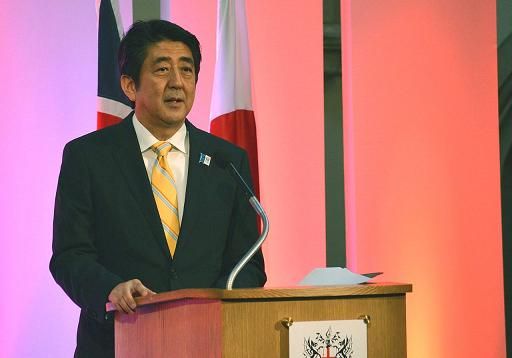Japan, Caribbean sign $15m deal for climate collaboration
Japan has committed US$15 million (£8.9m) in aid to the Caribbean, to support the regions climate change adaptation and mitigation efforts

Japan has committed US$15 million (£8.9m) in aid to the Caribbean, to support the regions climate change adaptation and mitigation efforts.
A new agreement was signed on Monday during the first ever summit between Japan and the Caribbean Community (CARICOM) and was attended by Japanese Prime Minister Shinzo Abe and several regional heads of government.
The ‘Project for Japan-Caribbean Climate Change Partnership’ will help Guyana, Grenada, Jamaica, Suriname, St Vincent and the Grenadines, St Lucia, Dominica and Belize improve their resilience to the effects of climate change.
The agreement will target the development and implementation of climate change policies and technology transfers through various pilot projects such as water supply systems and irrigation facilities and photovoltaic (PV) projects.
The accord was signed by Japan's Ambassador to Trinidad and Tobago, Yoshimasa Tezuka and Richard Blewitt, United Nations Resident Coordinator and United Nations Development Programme (UNDP) Resident Representative to Trinidad and Tobago.
As part of the agreement, Japan will assist in developing the renewable energy industry in the region and will promote energy efficiency.
"Memorandum of Cooperation (MOC) on Promotion of Renewable Energy and Energy Efficiency in the Eastern Caribbean Region" was also signed between the Inter American Development Bank (IDB), the Caribbean Development Bank (CDB) and the Japan International Cooperation Agency (JICA).
Irwin LaRocque, secretary general of CARICOM, said: “There is no doubt that Japan is well aware of the effects of natural disasters and climate change and the resulting cost of adaptation and mitigation. For us in the Caribbean Community it is an issue of survival, as already, for example, there are signs in at least one member state that sea level rise has begun to take its destructive effect.”
Richard Branson, the founder of Virgin, said in February that Caribbean states have the potential to be world leaders in renewable energy generation.
Branson hosted a conference of regional politicians and energy leaders on Necker Island and said: “I think it’s important that island states get their own fuel and can turn to bigger countries and say, ‘Please do something, because we love our islands; we don’t want to see our reefs destroyed or water levels rising. It could be a tremendous benefit to Caribbean economies, and it can save a lot of individuals quite a lot of money.”
In 2012, the former oil-producing island of Aruba set an ambitious target of generating 100 per cent of its electricity from renewables by 2020.



